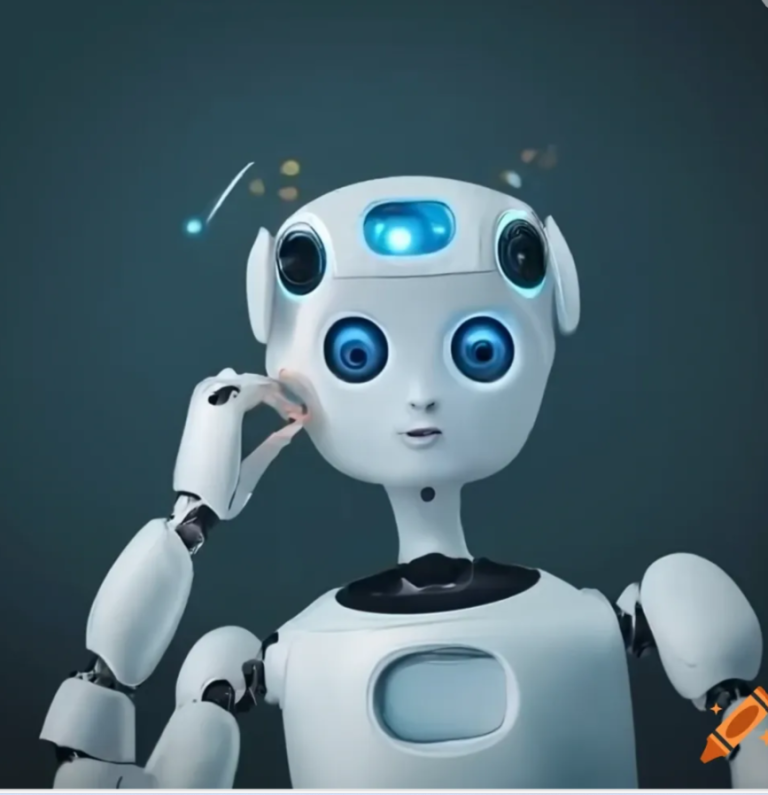Within the fast-paced realm of technological development, synthetic intelligence (AI) stands as a transformative drive reshaping industries throughout the globe. As companies more and more embrace AI to streamline operations, improve decision-making processes, and drive innovation, the crucial for moral oversight has by no means been extra pronounced.
The inexorable march in the direction of AI integration in enterprise operations is inexorably resulting in the institution of devoted ethics departments or boards inside big companies. These entities serve a pivotal function in scrutinizing the moral dimensions of AI integration, guaranteeing that the deployment of machine studying algorithms and information processing methodologies stays inside moral bounds.
One of many driving components behind the urgency for inside ethics oversight stems from the constraints of governmental regulatory our bodies to maintain abreast of the fast technological developments. Governments typically wrestle to grasp the intricate nuances of rising applied sciences, coupled with the sluggish tempo at which legislative frameworks evolve. The result’s a regulatory lag that leaves gaping voids within the oversight of tech giants like Fb, whose evolution from a distinct segment platform to a ubiquitous presence in on a regular basis life has outpaced regulatory efforts.
Consequently, companies discover themselves on the forefront of moral decision-making relating to AI integration. Every firm should craft its set of moral pointers tailor-made to its distinctive imaginative and prescient, mission, and values. Nonetheless, amidst this range, two common ideas emerge as guiding beacons for moral AI integration.
Firstly, firms should decide to the relentless pursuit of AI evolution and utility, however potential implications on workforce dynamics or funding priorities. This dedication underscores the crucial for steady analysis and growth, guaranteeing that AI applied sciences stay on the forefront of innovation.
Secondly, companies should uphold the precept that AI serves as a instrument to enhance human capabilities quite than supersede them. AI ought to by no means be entrusted with autonomous decision-making authority over people, preserving the basic precept of human company.
As companies navigate the intricate moral panorama of AI integration, they assume a twin duty — to their stakeholders and to society at massive. By fostering inside mechanisms for moral oversight and adherence to guiding ideas, companies can harness the transformative potential of AI whereas mitigating the dangers of unintended penalties.
In essence, the way forward for AI integration in enterprise hinges not solely on technological prowess but additionally on moral stewardship. By championing the moral imperatives of AI integration, companies can chart a course in the direction of a future the place know-how serves as a drive for good, enhancing human welfare and societal progress.
